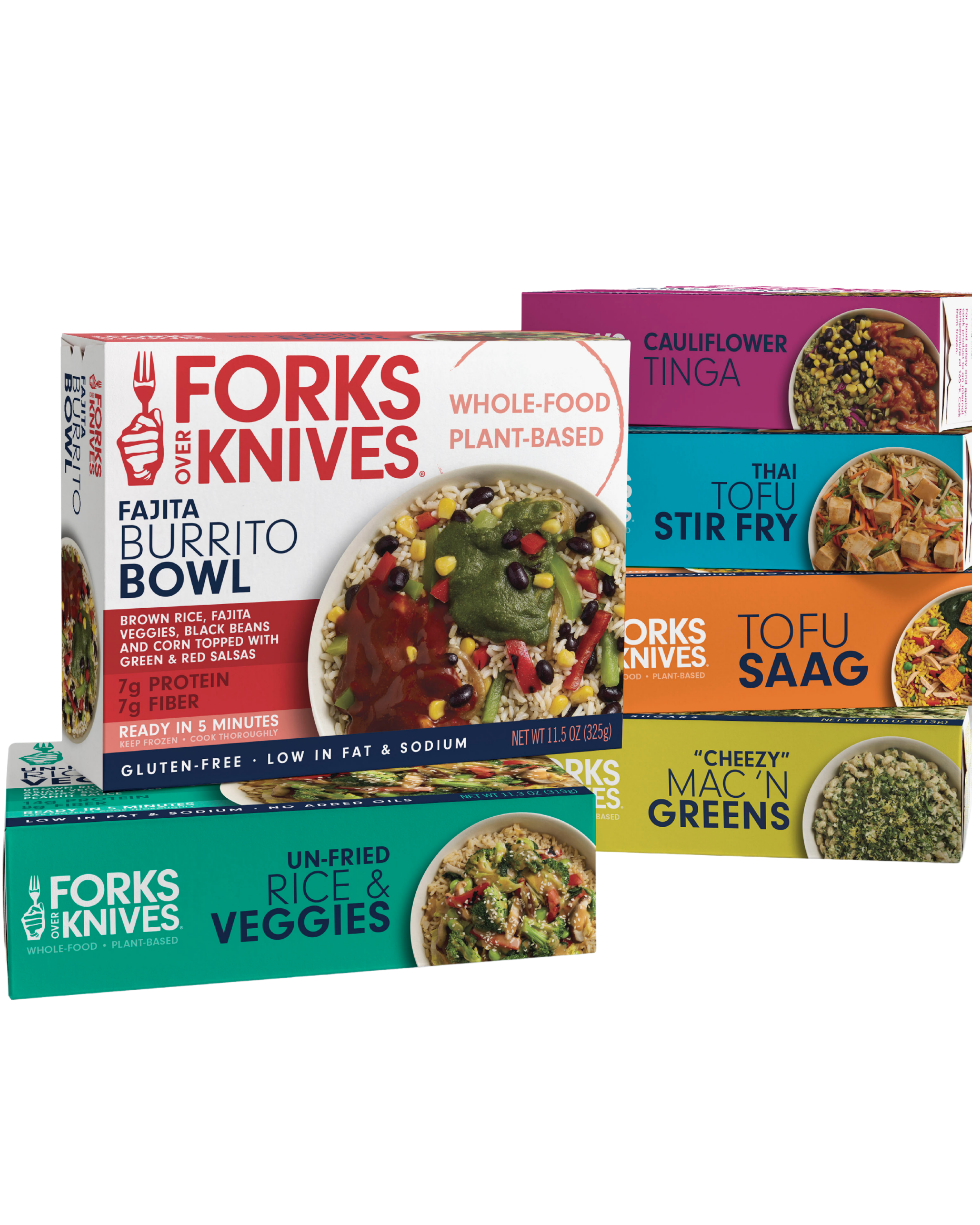Consuming dairy may reduce insulin sensitivity in people with metabolic syndrome, according to a new study published this month in the American Journal of Clinical Nutrition.
Researchers from the Fred Hutchinson Cancer Research Center in Seattle set out to examine dairy’s impact on blood sugar regulation in people with metabolic syndrome—a cluster of interrelated risk factors for cardiovascular disease and type 2 diabetes. These risk factors include insulin resistance, obesity, and hypertension.
In a randomized controlled trial, 72 participants were divided into three groups and asked to consume varying levels of dairy for 12 weeks. One group consumed a limited-dairy diet, which allowed no dairy beyond three servings of skim milk per week. A second group consumed a low-fat dairy diet, which consisted of at least three servings of skim milk, low-fat cheese, and nonfat yogurt per day. The third group consumed a full-fat dairy diet, consisting of more than three servings of whole milk, full-fat yogurt, and full-fat cheese per day.
The study authors hypothesized that the low-fat and full-fat dairy groups would have healthier blood sugar levels compared with the limited-dairy group. But at the end of the 12-week period, they found no difference in blood sugar levels among the three groups—and, compared with the limited-dairy group, the full-fat and low-fat dairy groups had worse insulin sensitivity.
Insulin sensitivity helps the body use glucose more effectively, which keeps blood sugar levels within a healthy range. Decreased insulin sensitivity, also known as insulin resistance, means that the body is less able to effectively use glucose. This can lead to elevated blood sugar, and, over time, diabetes and other diseases.
"While more work needs to be done examining the impact of diets rich in dairy in healthy populations, the finding of reduced insulin sensitivity that resulted from higher dairy intake may be concerning for people with metabolic syndrome and similar conditions such as prediabetes or type 2 diabetes," says the study’s lead author Mario Kratz, PhD, MS.
In addition to decreased insulin sensitivity, the full-fat dairy group also saw a modest increase in body weight.
The research was funded in part by a $1 million research grant from five international dairy organizations led by the National Dairy Council.
The study serves as a follow-up to Kratz's previous observational studies on dairy and metabolic health, including a 2012 study that found that people who consumed more high-fat dairy products were less likely to be obese than people who consumed fewer high-fat dairy products. Kratz has cautioned that observational studies make it difficult to determine causation—e.g., it may be that people who are overweight are more likely to avoid high-fat dairy products. The just-published study sought to identify causation.
“Unlike previous observational studies ... our rigorous randomized, controlled trial could not confirm that eating more dairy foods lowers people's blood sugar levels,” Kratz says.
Related News
Get Our Best Price On The Forks Meal Planner

Forks Meal Planner takes the guess work out of making nutritious meals the whole family will enjoy.
Master Plant-Based Cooking!

Our new course features over 100 lessons, 50+ recipes, downloadable guides, and more!
New Frozen Meals!

Introducing our new frozen meals: Doctor-recommended, chef-crafted, & ready in minutes.




